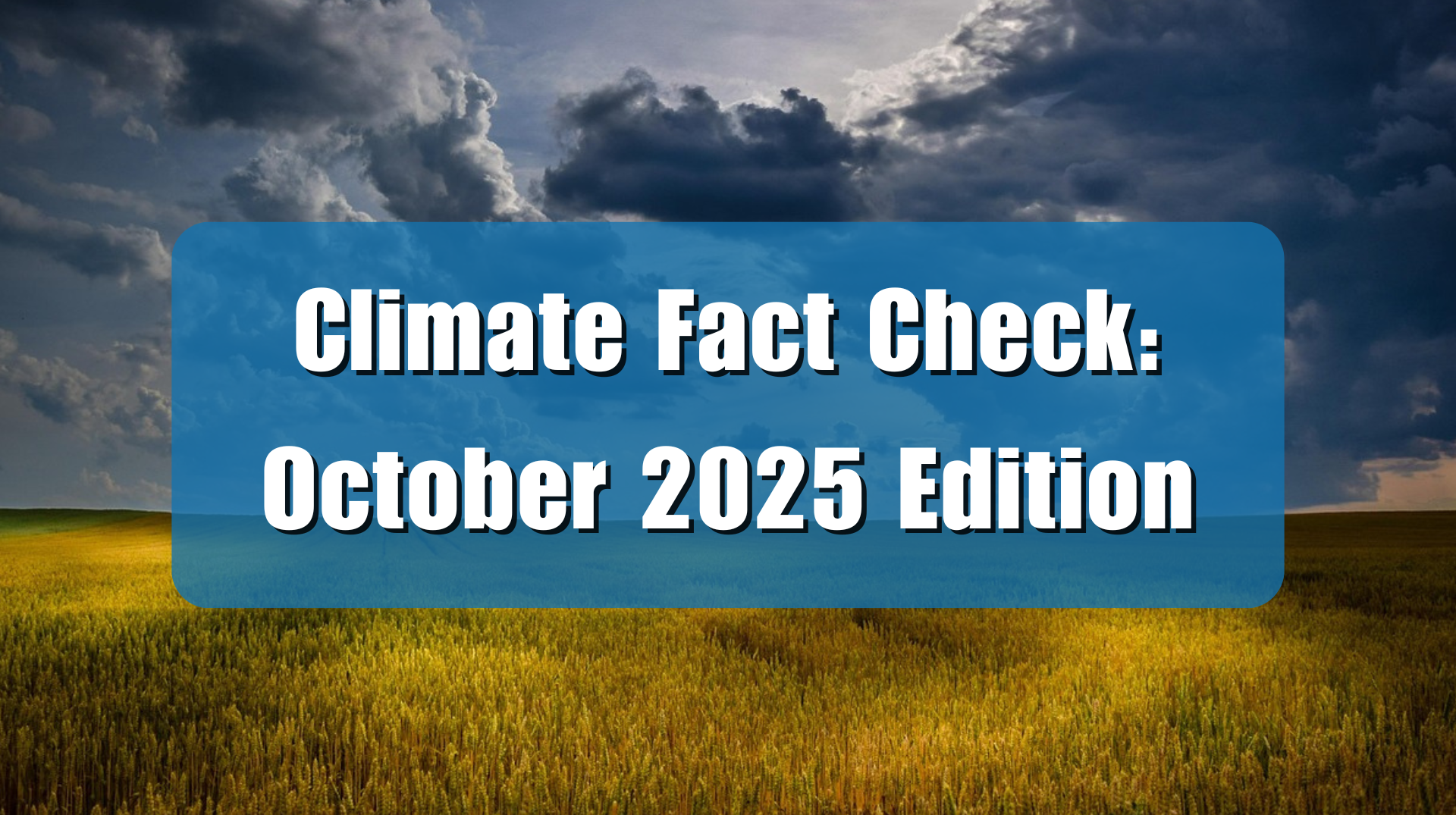AZCentral, a subsidiary of USA Today, published an article this week tracing a woman’s depression and mental health problems to climate change, based on a tornado that struck her home when she was a child. Google News, moreover, is promoting the article among its top search results under “climate change.” However, the objective, irrefutable scientific data show tornadoes are becoming less frequent and severe as the Earth continues its modest recent warming. If global warming – or “climate change” – is impacting tornadoes in any way, it is in a beneficial way for humans. The root cause of mental health problems related to climate change is climate alarmism, not the fictitious climate crisis.
The AZ Central article, published Sunday, is titled, “Between anger and sadness: How the climate crisis has become a mental health crisis.” The article tells the story of a young woman who suffers mental health problems related to a tornado that struck her home when she was a child.
According to AZCentral: “You’re so young that you don’t have words to define what that feeling of ‘we’re about to die’ is,” [the young lady] said. “You only know if you felt it, that death looming over you. That pure terror. Knowing that whatever was happening, it was beyond anything I could define or ever know. It was just so powerful.”
The article assumes that since the Earth is warming, and a tornado struck the young lady’s home, that global warming must have caused the tornado. However, tornadoes were ‘invented’ long before the 21st century, which makes it ridiculous to blame any or all recent tornadoes on global warming.
According to National Oceanic and Atmospheric Administration (NOAA) data, and as documented in Climate at a Glance: Tornadoes, the annual number of tornadoes has been declining for the past 45 years, with the number of strong tornadoes like the one that affected the young lady in the AZCentral article declining dramatically during the past 45 years. Accordingly, if climate change is impacting tornadoes in any way, it is to lessen the frequency and severity of tornadoes like the one that scarred the young lady in the AZCentral article.
The fact that a young lady suffers anxiety, depression, and mental health problems resulting from a tornado is indeed heart-wrenching. Thankfully, global warming is reducing the frequency and severity of such events.
In a similarly heart-wrenching fashion, the AZCentral article reports:
“A 7-year-old Tucson boy questioned the purpose of living in the face of the mounting crises, leaving his parents to desperately seek support for him. A Tucson mother talked with her two children about how the world may not be a fit place to have their own children. A Phoenix woman became estranged from her mother and watched her marriage nearly fall apart over the issue.”
While climate alarmists and their media allies blame climate change for these mental health impacts, the real culprit is climate alarmism. Neither climate change nor any particular climate change-linked event caused any of these terrible mental health problems. All are, instead, caused by people being inundated by – and believing – false narratives about the fictitious climate crisis.
We at Climate Realism do not dispute the terrible consequences that depression and mental health problems can have on people. Climate alarmists, therefore, should stop inflicting such terrible and unnecessary harm on people and instead report the truth about the fictitious climate crisis. We at Climate Realism will continue to do so.























So – say you’re 40. Perhaps the Earth has warmed 1F during your lifetime – some of they say is man-made (not all mind you).
So – can one actually feel a global average annual temp change of 1F, over their lifetime?
On the other hand, if one moves from Boston to Miami – 25F warmer.
That you can experience
And enjoy.